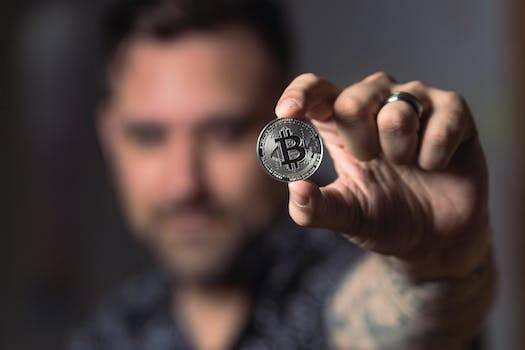Kenya Suspends Worldcoin Operations as European Data Protection Offices Investigate
Kenya’s Ministry of the Interior has suspended the operations of Worldcoin, the identity crypto protocol co-founded by OpenAI’s Sam Altman. The country’s financial, security, and data protection services are investigating the legitimacy and data protection of the project. Worldcoin aims to create a global identification mechanism based on iris scans, which can prove the uniqueness of an agent. However, the collection of biometric data and the signup process in developing countries have faced criticism for exploitation. European regulators, including the Bavarian data protection office, have also initiated investigations into Worldcoin.
Main Breakdowns:
- Kenya suspends Worldcoin operations as investigations into project’s legitimacy and data protection are underway.
- Worldcoin aims to create a global identification mechanism based on iris scans.
- Collection of biometric data and signup process in developing countries face criticism for exploitation.
- European data protection offices, including the Bavarian office, are investigating Worldcoin.
- Worldcoin users receive WLD tokens upon iris scanning, and the token has seen a 1.9% rise in the past 24 hours.
Kenya’s decision to fully suspend Worldcoin operations comes as European data protection offices begin investigating the project. The country’s concern over the legitimacy and data protection of the project has led to the suspension. Worldcoin’s goal of creating a global identification mechanism using iris scans has faced criticism for the collection of biometric data in developing countries. In addition to Kenya, European regulators, such as the Bavarian data protection office, are also looking into Worldcoin. As investigations continue, Worldcoin users have been receiving WLD tokens, with a recent 1.9% increase in value.
Hot Take:
The suspension of Worldcoin operations in Kenya and the investigations by European data protection offices highlight the growing concerns surrounding the project’s legitimacy and data protection practices. While the concept of a global identification mechanism based on iris scans may have potential, the collection of biometric data and the signup processes must be approached with caution to avoid exploitation. It will be interesting to see how these investigations unfold and what implications they may have for the future of identity crypto protocols.





 By
By
 By
By
 By
By
 By
By
 By
By